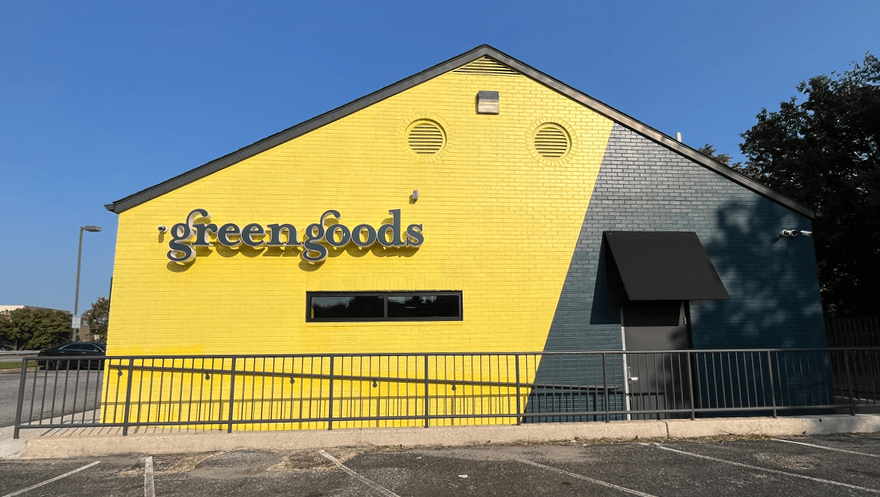In today’s competitive cannabis market, loyalty programs are no longer a luxury — they’re a necessity. A strong rewards program can turn occasional shoppers into brand advocates. However, many dispensaries fall into common traps when building their programs, missing out on the full potential of customer engagement. Here are some of the top mistakes dispensaries make when setting up loyalty programs — and how they can be avoided.
1. Over complicating the Program
One of the biggest errors is creating loyalty programs that are too complex. If customers have to memorize point conversion rates, reward tiers, expiration timelines, and countless restrictions, they’re more likely to opt out altogether. A loyalty program should be intuitive, easy to join, and simple to understand.
Successful dispensaries often adopt a straightforward model: one dollar spent equals one point earned, redeemable at predictable thresholds. Simplicity builds trust and encourages consistent participation.
2. Neglecting Compliance and State Regulations
Cannabis dispensaries operate in one of the most highly regulated industries. Yet, in the rush to launch loyalty initiatives, some businesses overlook compliance requirements. Offering free cannabis products or promoting rewards without proper disclaimers can land dispensaries in hot water with regulators.
Each state — and sometimes each city — has its own advertising and promotion laws for cannabis businesses. Before rolling out any loyalty program, dispensaries must work with legal counsel to ensure their offerings comply with local rules.
3. Failing to Integrate with POS and CRM Systems
Another common mistake is failing to connect the loyalty program with existing point-of-sale (POS) and customer relationship management (CRM) systems. Without integration, staff members are forced to manually track customer points, creating confusion, errors, and frustration.
Top-performing dispensaries invest in POS platforms that offer built-in loyalty features or seamless third-party integration’s. Automation ensures accuracy, saves employee time, and gives customers a better overall experience.
4. Ignoring Data and Personalization Opportunities
Loyalty programs are not just about discounts — they’re powerful tools for gathering customer insights. Unfortunately, many dispensaries fail to leverage loyalty program data to personalize marketing and customer engagement efforts.
Tracking purchase histories, preferred product types, and spending habits enables dispensaries to send tailored offers, birthday rewards, and exclusive product recommendations. Personalized communication increases loyalty and lifetime customer value far more than blanket promotions.
5. Under-Rewarding Loyal Customers
Dispensaries sometimes err on the side of stinginess, offering minimal rewards after large amounts of spending. This can lead to customer dissatisfaction and a feeling that the loyalty program is not worth the effort.
The most successful programs provide tangible, meaningful rewards early and often. Even small perks — like a free branded tote bag, early access to product drops, or bonus points for referrals — help customers feel valued and appreciated.
6. Not Training Staff Properly
A loyalty program is only as effective as the people promoting it. Without proper training, budtenders and front-line staff may not mention the program, or worse, incorrectly explain it to customers.
Dispensaries must invest in employee training, ensuring every team member understands how the program works, how customers benefit, and how to actively promote it during transactions.
Conclusion
Launching a loyalty program can be a game-changer for cannabis dispensaries, but only if done thoughtfully. Avoiding these common pitfalls — over-complication, compliance issues, poor integration, under-use of data, stingy rewards, and lack of staff training — can help dispensaries build programs that foster deep customer relationships and sustained revenue growth. In a rapidly evolving market, a well-executed loyalty program isn’t just an advantage — it’s a necessity for long-term success.

